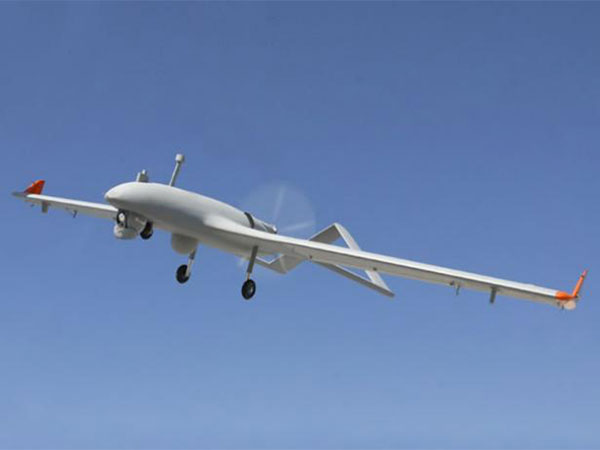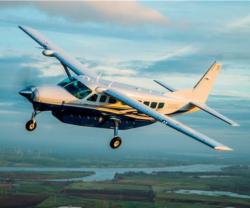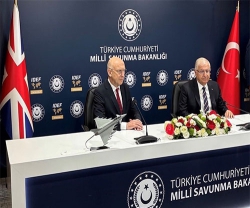The summit will identify and discuss the rapid changes in unmanned systems and their impact on the industry and the world.
The Global Aerospace Summit UAS panel sessions will discuss key challenges to the wider implementation of UAS and UAV technology in civilian applications. As planes increasingly fly without pilots, the industry leaders at the Global Aerospace Summit will discuss how governments, regulators, and industry can work together to solve challenges, as well as explore the incredible opportunities that UAS technology could offer in the future, including safer, faster, and more efficient commercial aviation travel.
Other issues of Unmanned Aerial Systems include drafting appropriate regulations, air traffic management, and defense vs. civilian use of technology.
UAS are widely recognized by the industry as systems that can be programmed to automatically carry out specific operational missions, with a certain level of self-governance, under the control and guidance of a human-operator at mission level.
UAS are often seen as the next major step in the fusion of computing technologies, sensors, software, and mechanical systems. These mobile machines are able to travel by air, land, or sea, and potential applications range from humanitarian to ecological to military. UAS technologies are already being used in initial stages for package deliveries, film making, and other civilian applications, and are set to expand steadily in the coming years.
There is a vast array of autonomous systems available today combining tasks such as detection, classification, sample gathering, mission preparation, and surveillance.
The UAE stands to benefit from the expansion of civilian unmanned aerial vehicle (UAV) use. A number of UAE governmental organizations are studying the integration of drones into their services. Although civilian UAV technology has been identified by the UAE government as a key area of focus for investment and research, its misuse has been identified as a major potential risk.
The Department of Economic Development in Abu Dhabi has banned the sale of commercial drones in a move to preserve aviation security and safety, as well as community privacy. The Dubai Civil Aviation Authority (DCAA) has made similar restrictions in a decree to manage the responsible use of drones, fireworks, lasers, and light beams. The commercial and entertainment use of drones in the UAE now requires a permit to be obtained from the General Civil Aviation Authority (GCAA)
Unmanned systems for military use can have important benefits such as enhanced performance, reduced cost and can also eliminate the risks that personnel may face during specialized missions. Being unmanned, they allow individuals to avoid perilous or risky situations, while accessing data or monitoring the mission from a safe location.
“The Global Aerospace Summit brings together thought leaders from the aerospace, aviation, defense and space industries, alongside key decision makers and officials. Together, we are able to discuss advanced technologies and operational concepts on a global stage,” said Bill Irby, Senior Vice President and General Manager, Textron Systems.
UAE firms such as Adcom Systems, ADASI, and International Golden Group (IGG) are already building UAV operational and maintenance capabilities in ventures with firms from the US, France, and Spain.
ADASI foresees a $4.5 billion UAV market over from 2014 to 2023 in the Middle East, representing about 10% of the global UAV market during that period.
Photo: Shadow® M2 Tactical UAS; Textron Systems






















